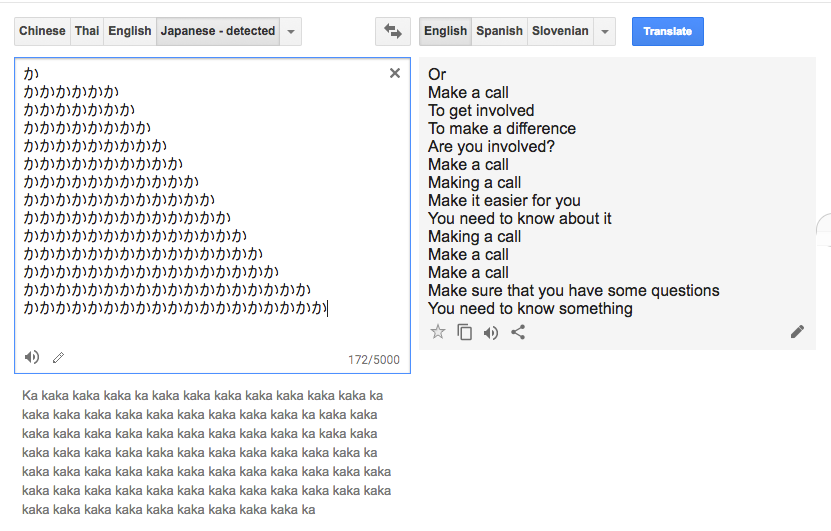Semantics at the Supreme Court
“What is the difference between ‘reasonably necessary’ and ‘substantial need’?” asked Supreme Court Justice Samuel Alito (see this story in the New York Times). “I have been racking my brain trying to think of something that it is reasonably necessary for me to obtain but as to which I do not have the substantial need. And I can’t think of an example.”
Several of the court’s more liberal justices disagreed, saying that “reasonably necessary” connoted matters that a reasonable lawyer with finite resources would try to pursue.
On the outcome there hangs the issue of whether death row inmates like Carlos Manuel Ayestas in Texas will get legal aid. A federal appeals court in New Orleans, which oversees cases from Louisiana, Mississippi and Texas, says there must a “substantial need” for the money, and denied funds to Ayestas. He challenged the denial.
So don't ever say there is no practical importance to the work semanticists do as they try to identify truth-conditional differences between terms of broadly similar meaning.
Permalink Comments off



